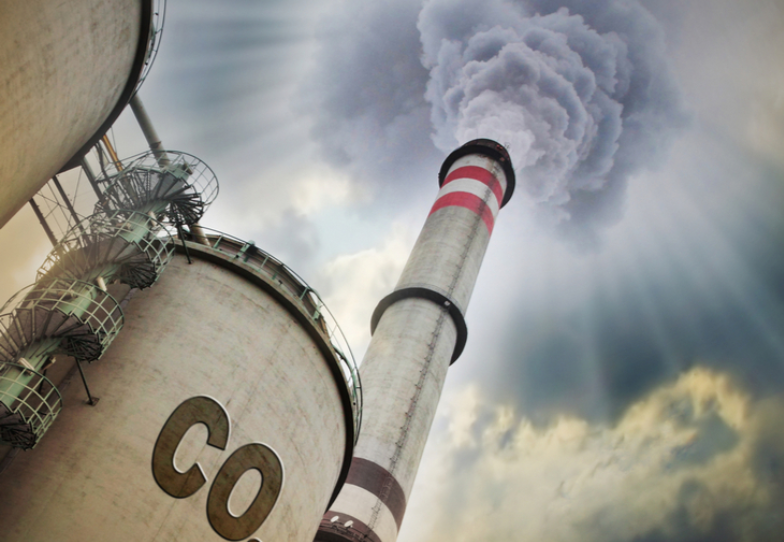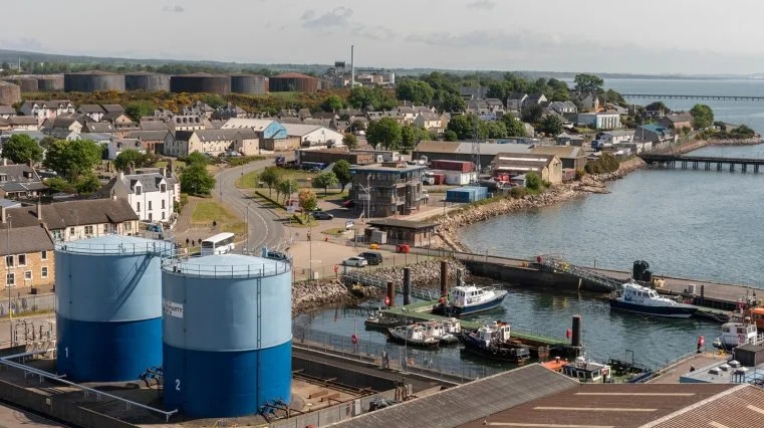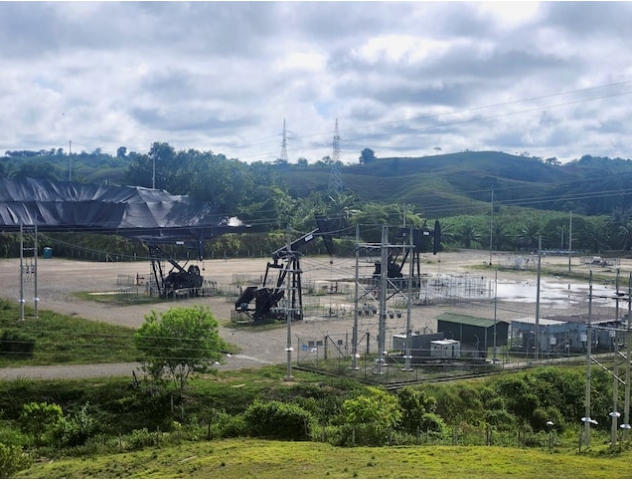Four in five coal plants in the EU are unprofitable and utilities could lose EUR 6.6bn this year amid a surge in demand for natural gas and renewables, said a new report by financial think tank Carbon Tracker.

It warned that investors and policymakers should "prepare for a complete phase-out of coal by 2030, because without heavy subsidies the industry will not survive sustained competition from ever lower cost wind and solar power and temporarily cheap gas".
Many EU nations, such as France, Germany and the UK, have already pledged to close or significantly reduce coal-fired power generation in the coming decade.
The move comes as EU member states aim to cut greenhouse emissions by at least 40% below 1990 levels by 2030 and to boost renewable energy like wind and solar.
At the same time, a plunge in gas prices coupled with a rising cost of CO2 emissions has spurred EU power generators to shift away from coal.
“EU coal generators are haemorrhaging cash because they cannot compete with ever-cheaper renewables and gas and this will only get worse," said Matt Gray, head of power and utilities at Carbon Tracker and co-author of the report.
"Policymakers and investors should prepare to phase out coal by 2030 at the latest.”
EU hard coal generation has fallen 39% since 2018, resulting in “eye-wateringly low utilisation rates”, while lignite generation is down 20%, according to the report.
Carbon Tracker estimates that overall 84% of lignite generation and 76% of hard coal generation is unprofitable, facing 2019 losses of EUR 3.54bn and EUR 3.03bn respectively.
"Across the EU 79% of coal plants are running at a loss."
Hardest hit
The most exposed member states are Germany, Spain and Czech Republic whose coal generators could lose EUR 1.97bn, EUR 992m and EUR 899m, respectively, in 2019, according to the report.
“Germany’s RWE is the utility facing the greatest losses – it could haemorrhage EUR 975m, 6% of its market capitalisation,” it said.
In the UK, which has set a 2025 deadline, its remaining coal plants will lose EUR 732m.
Meanwhile, it said, "the coal plants which remain profitable include: those in Poland which receive relatively high subsidies; efficient units in Germany and the Netherlands; and plants in Italy, the Czech Republic and Slovenia which benefit from high wholesale power prices".
Renewables and cheap gas are not the only factors undermining the economics of coal, it said.
"Utilities will have to install expensive technologies in the majority of coal plants to meet stricter EU air quality standards from 2021. Rising carbon prices could also increase costs."
Transition
Carbon Tracker said governments and investors "should now focus on planning to phase-out coal in ways that benefit consumers, investors, workers and local communities, and this can be done quickly and cheaply".
"This would see government loaning money to fund the closure of coal power plants on condition that utilities used the money to build renewables and then repaid the loan from sales of power.
"Utilities could hire the local workforce to build renewable power and use a portion of profits to help communities transition away from coal," it added.







